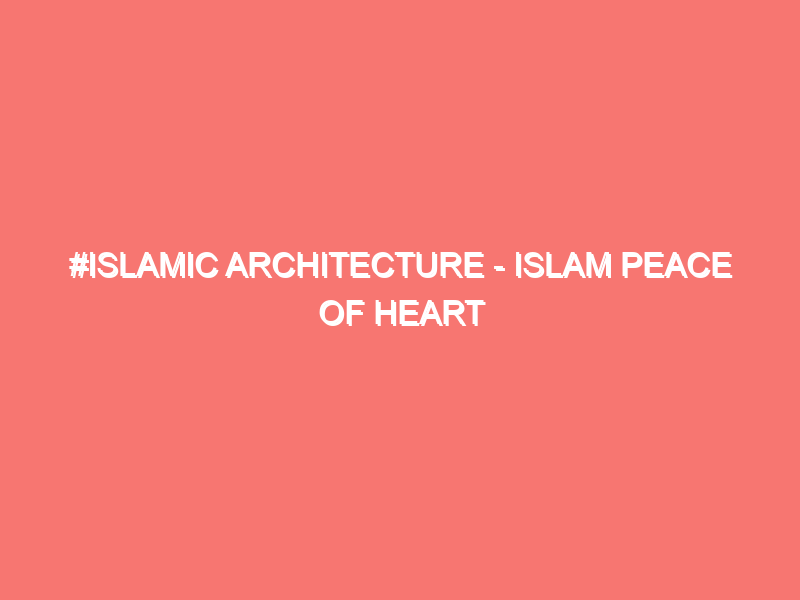Meaning And Importance
The basis of the Islamic teachings and way of life are various obligatory acts of worship, Ibadaat that are often brought up because the Five Pillars Of Islam. These consist of:
Shahadat: Declaration that none deserves to be worshipped except Allah and Muhammed PBUH is his slave and apostle.
Salat: The prescribed prayers, Five times on a daily basis
Saum: Fasting during the month of Ramazan.
Zakat: Obligatory Charity, helping the needy by giving alms.
Hajj: Pilgrimage to Makkah, if and when circumstances permit.
Just as the pillars bear the burden of a building, these principles, in step with the teachings of the Prophet PBUH has taught that the sole difference between individuals is that the extent of their piety and not their color or the rank that they enjoy during this world.
Read More:
‣ Faraiz Or Obligatory Act Of Hajj
The purpose of the Islamic worships is to strengthen the Muslim faith and sense of submission to Allah, to discipline a Muslim for his role as Allah’s faithful servant and vicegerent on earth, and to bolster the ties of brotherhood and affection among Muslims. These acts of worship require the participation of all aspects of man’s nature . His soul, His mind, His feelings, His body, His time, His energy and his possessions. They demand the worship of Allah with all the places of an individual. As an example, the declaration of religion is to be always present within the mind and heart of the Muslim and is to be uttered again and again with the tongue during his daily prayers. Prayers are to be performed five times daily, everyday of a man’s life. Fasting is for a full month each year, while Zakat or poor-due is to be paid once yearly and therefore the pilgrimage is to be performed once during a lifetime, if possible.
These aspects of Islamic worship and also the total involvement of mortals make them extremely unique. They’re a whole expression of man’s dependence and submission to Allah’s Will, his humility before his creator and his desire to serve and obey him alone.
In these religious institutions, there’s punctuality, regularity, orderliness, uniformity and an exhibition of complete equality.








